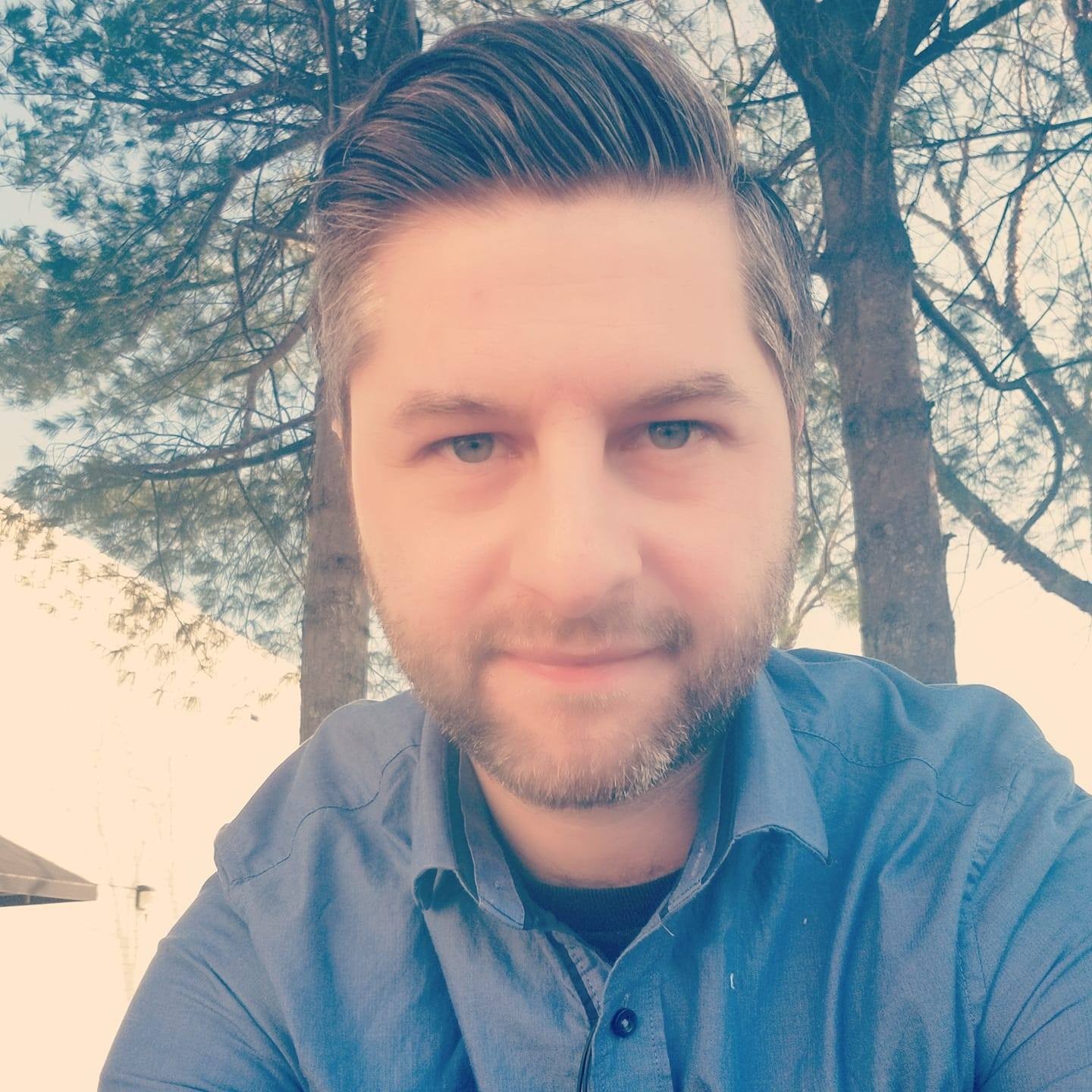Alright – so today we’ve got the honor of introducing you to Steven Pacheco. We think you’ll enjoy our conversation, we’ve shared it below.
Steven, thanks for taking the time to share your stories with us today Do you wish you had waited to pursue your creative career or do you wish you had started sooner?
Absolutely! When you’re working in a creative field, which in this case is writing and podcasting, it can be a really scary thing to take those first steps. Fears that you’re not good enough, fears of criticism, fears of failing. For so much of my life I allowed myself to be controlled by those careers, the fear of failure being most prominent. The older I’ve gotten, the more I’ve come to believe that it’s better to take a chance than to look back with regret. I’d rather fail a thousand times than never try at all because that is the one failure you can never bounce back from.
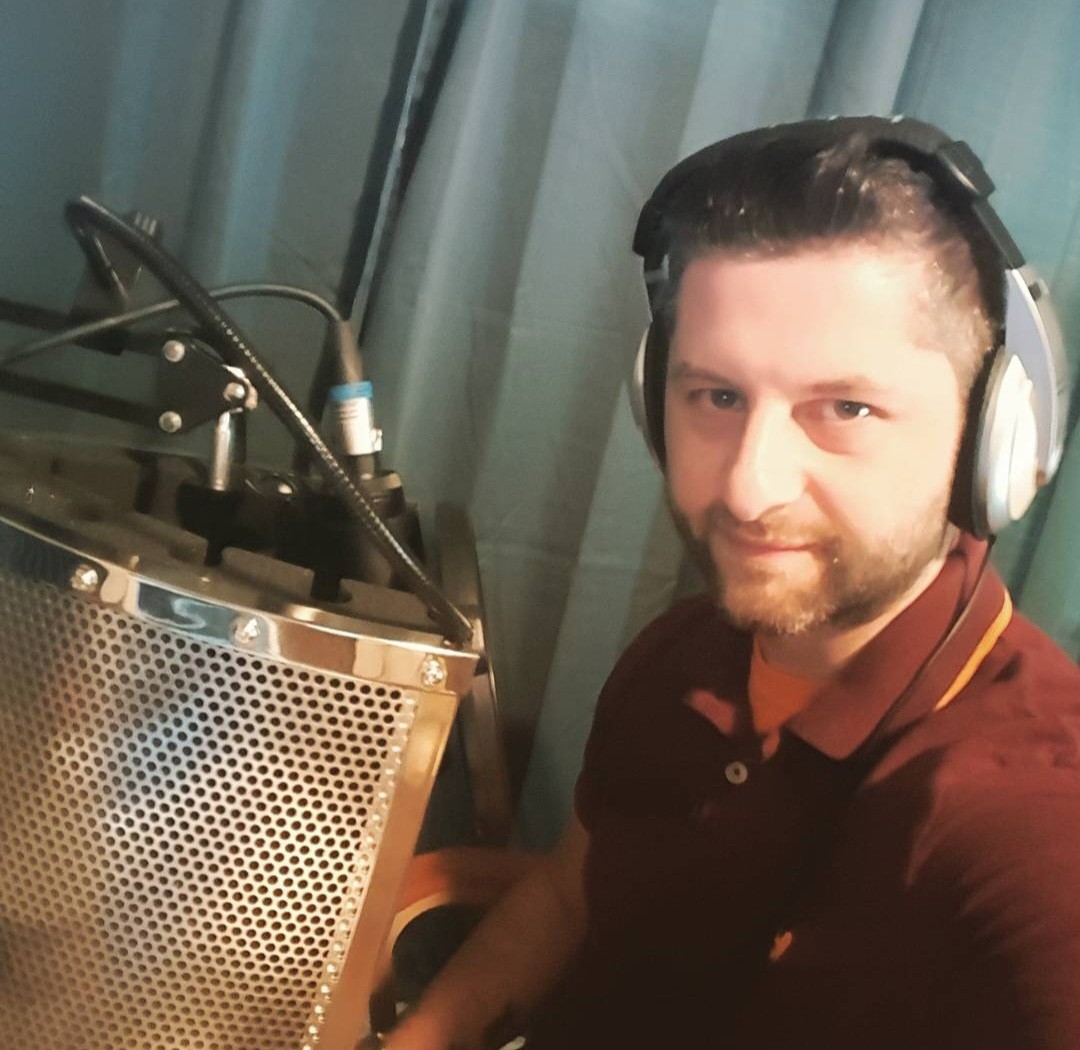
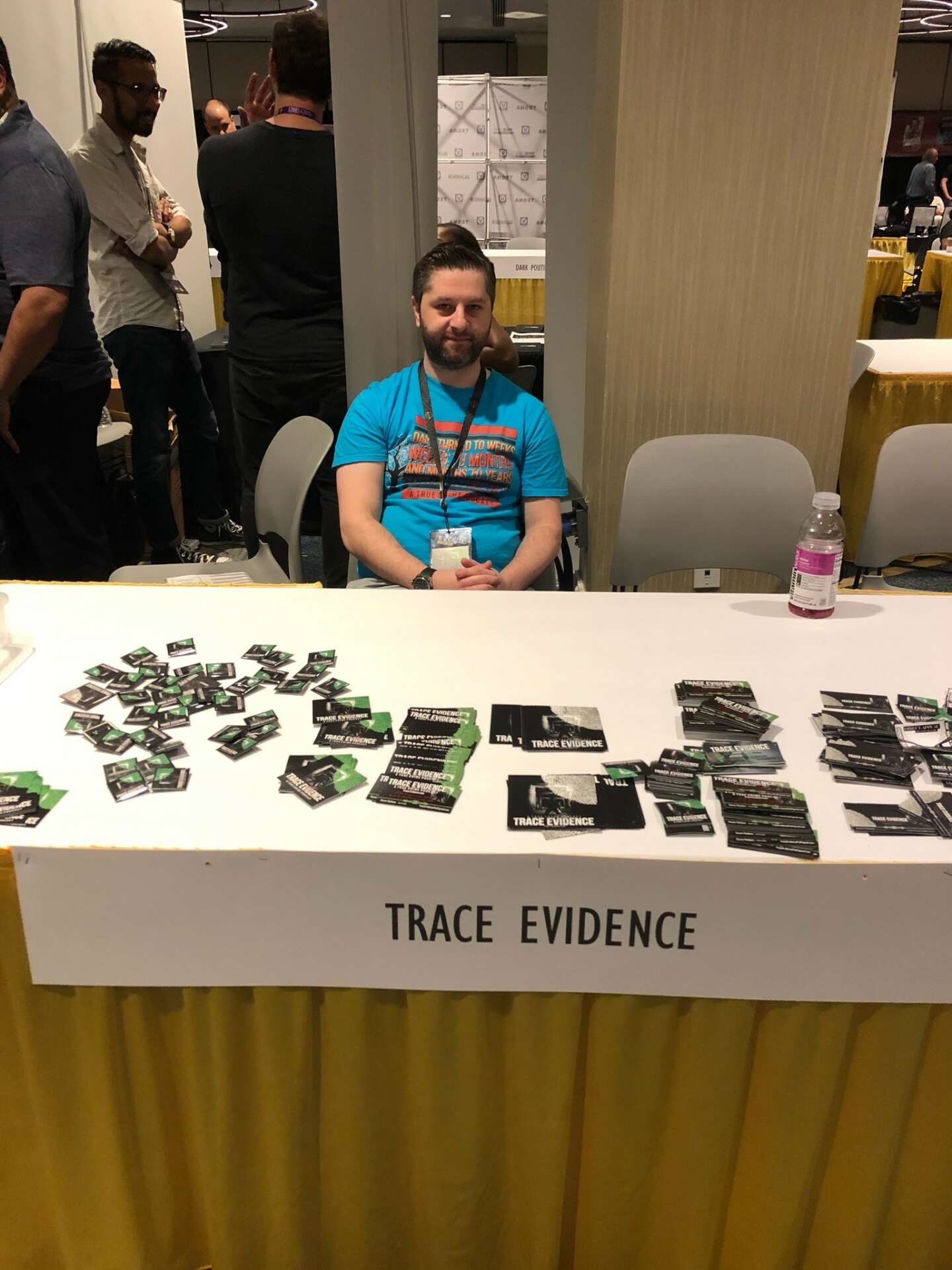
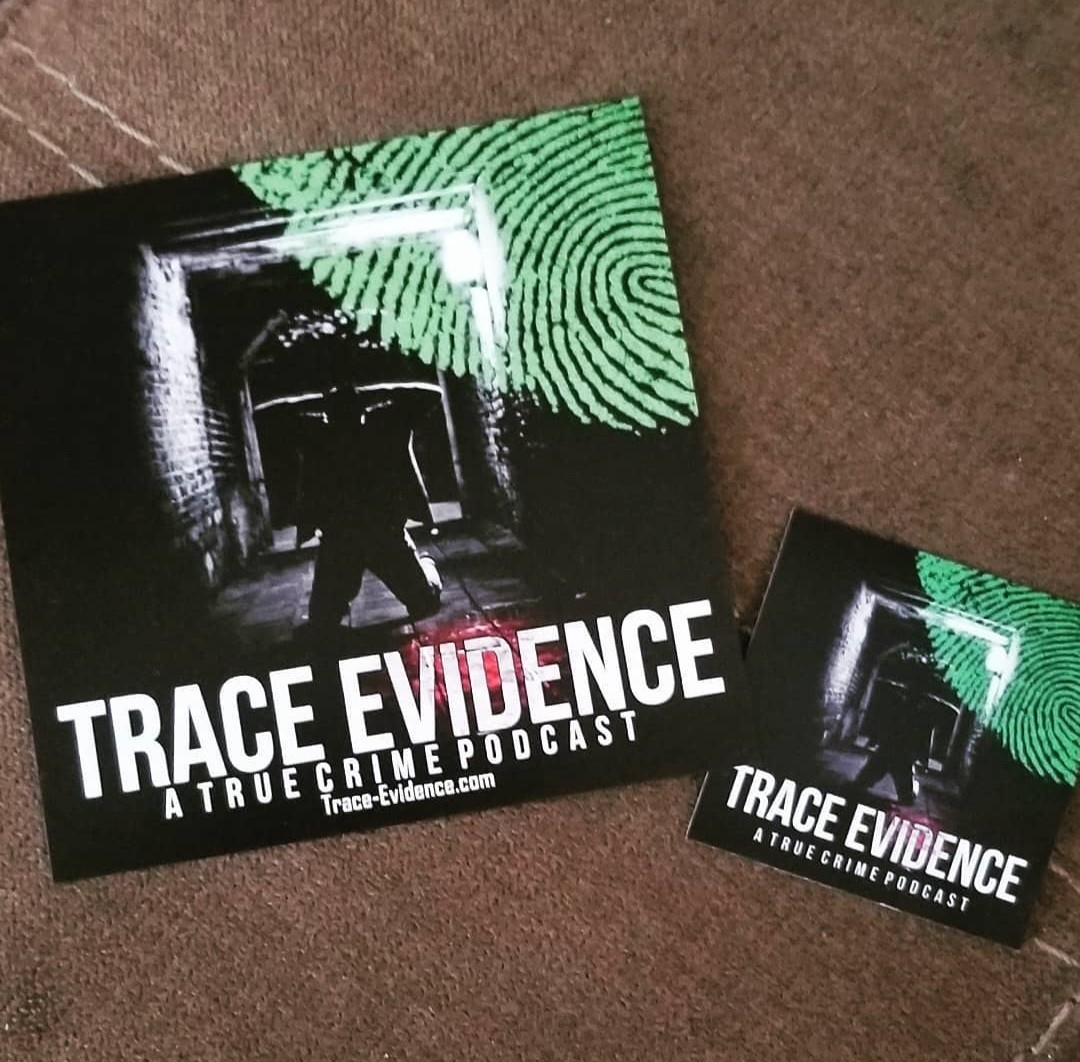
Awesome – so before we get into the rest of our questions, can you briefly introduce yourself to our readers.
I’ve always had a love of writing, specifically fiction and poetry. I started writing as a little kid, stapling pages together to make my own books. Throughout school and college, I took a lot of different writing and English classes and I knew from the time I was a teenager that writing was my passion. I never imagined a day would come where I made my living through writing.
Outside of writing, history was my favorite subject in school and while I love many different eras and figures, the aspect of history that really pulls me in is all of the things we don’t know, the mysteries that have endured for generations. As a result of that, I listened to and watched a lot of shows about historic mysteries; from solid questions like what really happened to Louis Le Prince, was Edgar Allan Poe murdered, is the Bermuda Triangle really a place where planes and ships go to vanish?
As a youngster, this drew me to shows like Unsolved Mysteries, America’s Most Wanted and Histories Mysteries, to name a few. When true crime became a boom during the early to mid 2010’s I fell in love with true crime podcasts. The more I listened, though, the more I felt like something was missing. A lot of shows gave you very surface level coverage on the cases, basically the equivalent of reading the wikipedia entry. Well, I’m a man that has a lot of questions and loves to dig in deep. So I figured, rather than complaining about it, maybe I should put my money where my mouth is and good for it myself.
In early 2017, I decided to launch my podcast Trace Evidence. I split the show into two distinct sections; Evidence and Theories. In the evidence section I thoroughly breakdown and provide as much information about the case as possible. It’s very ‘just the facts.’ In the theories section I get a little looser, touch on some speculation and analyze the theories from my perspective. A lot of shows blend these two categories together but I feel that makes it too casual, too conversational and it opens the door to allowing bias to get involved.
I don’t discuss the case with preconceived notions, I don’t leave out information that conflicts with my narrative because I don’t have a narrative. That’s not to say I don’t have opinions, I certainly do, but my goal is to tell you everything about the case; the good, bad and everything in between. It’s about following the facts, not trying to force the facts to fit the story that you want to tell.
While Trace Evidence is successful, it’s certainly not up there with some of the really name brand true crime podcasts but that’s a big part of what I am proud of. The show isn’t designed to be consumed by everyone, it doesn’t target the casual audience that views podcasts as little more than a form of entertainment. It’s for people with a serious interest in the subject matter, who want to hear everything and, if possible, find some way to help. Trace Evidence isn’t about me, or making millions of dollars and being on the cover of magazines. It’s about the cases and victims who have been forgotten, overlooked or outright ignored.
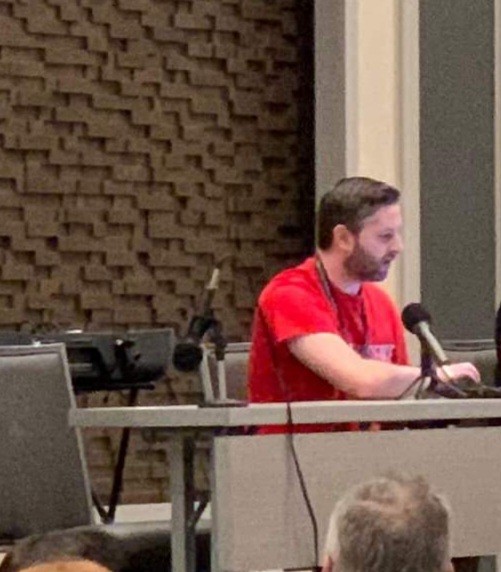
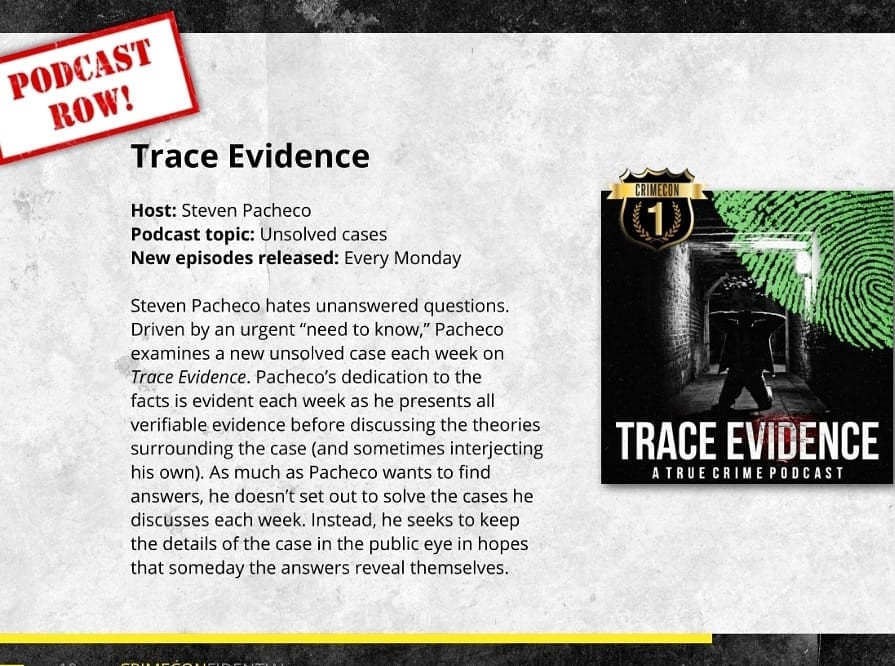
Learning and unlearning are both critical parts of growth – can you share a story of a time when you had to unlearn a lesson?
No matter how interested you are in a subject or how much you want to pursue a specific dream, you are never fully prepared for the reality of what it is. Much more important than your work ethic or your abilities is your passion and drive. I came into podcasting thinking that since I knew a lot about true crime that it would be a piece of cake. You discuss the case and give your thoughts and move on. I quickly learned that’s not what it is at all. The vast majority of my time is spent reading, not writing. Newspaper archives, police reports, court transcripts. It can be absolutely overwhelming. You have to want to do it, you have to be passionate about it and you have to know what your goal is from the start. My goal has always been raising awareness of lesser known cases. It puts me in a niche within the community, it almost guarantees I never see major mainstream success and that is completely fine with me. There is a ton of turn over in true crime and, one big reason, is people come into it thinking that by episode 5 they’ll have ad revenue pouring in and by episode 25 they’ll be rich and famous. That’s just not how it works and when someone is motived purely by money, by thinking it’s an easy way to make a quick buck, you can tell from the first episode and when the show has no heart, it doesn’t hold my interest nor the vast majority of that potential audience. I told myself, from day 1, as long as there are listeners I’ll do the show. If the money stopped tomorrow, the show would continue, because it’s about the message, the victims and their stories, not the paycheck.
Do you think there is something that non-creatives might struggle to understand about your journey as a creative? Maybe you can shed some light?
I don’t know that this is limited purely to non-creatives, but it’s certainly been my experience that if someone doesn’t have the same experience or passion then they don’t often understand it completely. I love writing, I always have, but it’s not for everyone. For most people writing is something they do on paperwork and forms, at their job and in letters but nothing more beyond that. They see writing as a means to an end, and I totally understand that. At the same time, they can’t grasp the way it feels to take something that is this disjointed, complex mess of statements, reports, facts and lies, and to weave it into a cohesive story and understandable narrative. For a lot of people, if your writing involves sources then they don’t even see it as “real writing.” I’ve had people tell me that I don’t do anything besides take other writings and reorganize them and for anyone who has ever tried, there’s a lot more to it than that. Not everyone is going to understand your passion, your art or your drive and frankly the older I’ve gotten the more I’ve come to realize that it’s not my responsibility to slow down and explain it to them. You don’t like it, you don’t get it? Cool, moving on. I spent a lot of my youth trying to reach people that didn’t really want to listen and it has afforded me the ability to care less about what people think and more about how it feels.
Contact Info:
- Website: trace-evidence.com
- Instagram: https://www.instagram.com/traceevidencepod/
- Facebook: https://www.facebook.com/TraceEvidencePod/
- Twitter: https://twitter.com/TraceEvPod
- Youtube: https://www.youtube.com/channel/UCPFbLcFipff2OVJC2KdARbw
- Other: You can find all my social media and more on my Linktree: https://linktr.ee/traceevidence


